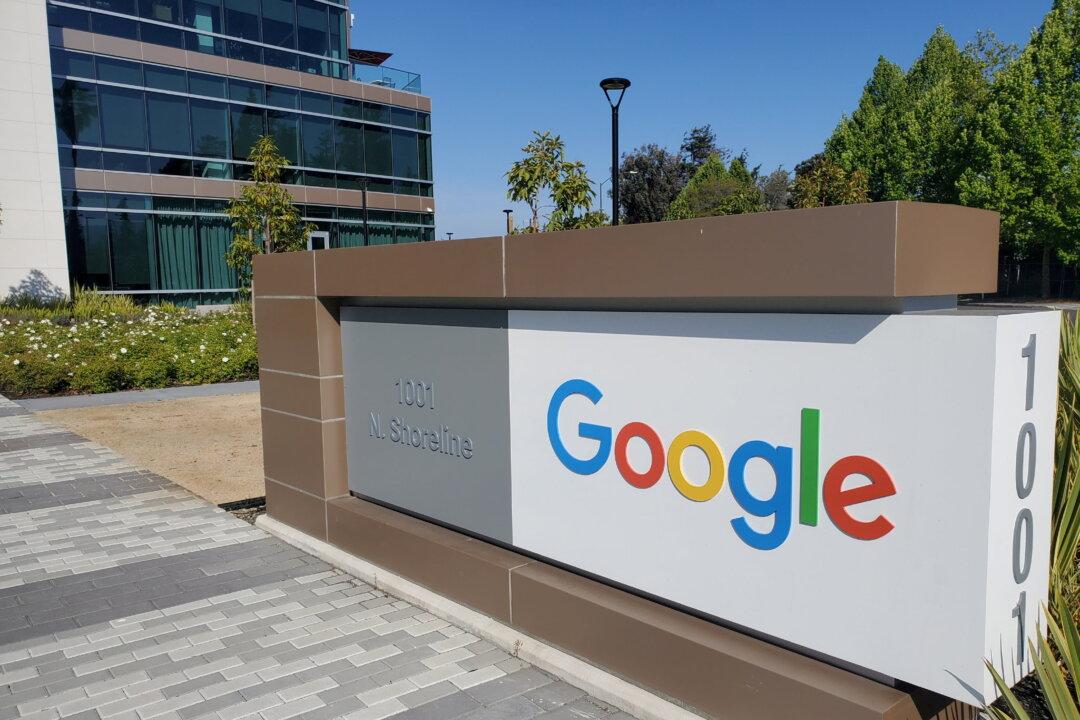The Department of Justice and eight states on Tuesday filed a lawsuit against Alphabet-owned Google, calling for the breakup of the firm’s ad-technology business and alleging it’s engaged in monopolistic practices.
“Google abuses its monopoly power to disadvantage website publishers and advertisers who dare to use competing ad tech products in a search for higher quality, or lower cost, matches,” said the Justice Department in a complaint (pdf) filed in a federal court in Virginia.





